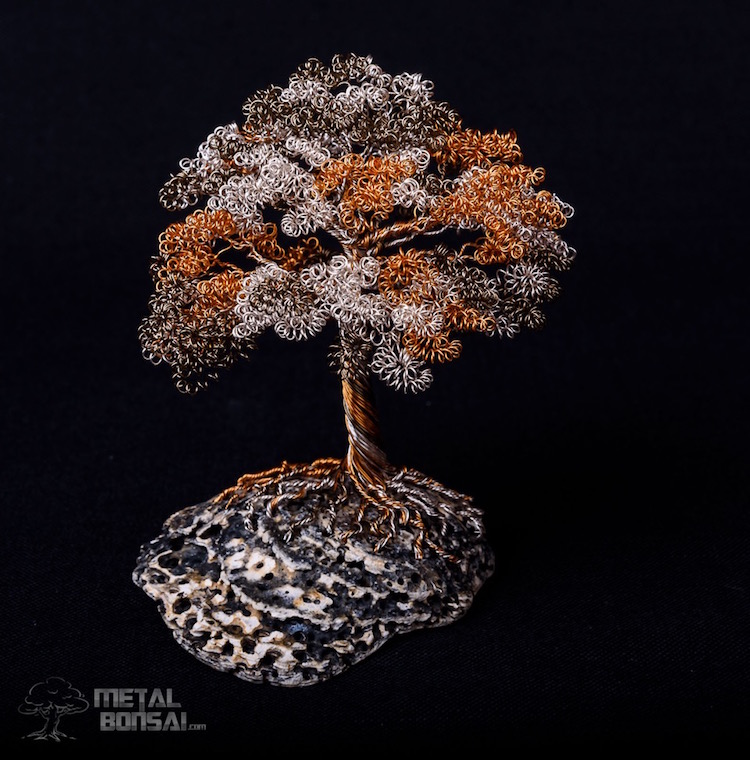Bonsai symbolism trees
Table of Contents
Table of Contents
The art of bonsai has been a treasured tradition in Japan for centuries, but its popularity has spread worldwide. The beauty and intricacy of these miniature trees are undeniable. But what is the meaning behind bonsai trees, and why do they hold such significance in Japanese culture?
For many, the process of caring for a bonsai tree can be therapeutic, allowing for a sense of calm and focus. However, the meaning of bonsai trees runs much deeper than just their aesthetic value. Bonsai trees are believed to symbolize harmony, peace, and balance.
The literal translation of bonsai is “planted in a container,” but the true meaning goes beyond just the physical aspect of the miniature tree. Bonsai trees represent the beauty, strength, and resilience that can be found in nature, despite its small size. This symbolism has led many to view bonsai trees as a representation of the balance between man and nature.
In summary, bonsai trees hold great significance in Japanese culture, symbolizing harmony, peace, and balance. The process of caring for a bonsai tree can also provide therapeutic benefits, making it a valuable addition to any home or garden.
What is the spiritual meaning of bonsai trees?
For many, the practice of growing a bonsai tree goes beyond just aesthetics. The process of caring for a bonsai tree is believed to promote mindfulness and inner peace, allowing individuals to connect with nature and find stillness amid the chaos of everyday life.
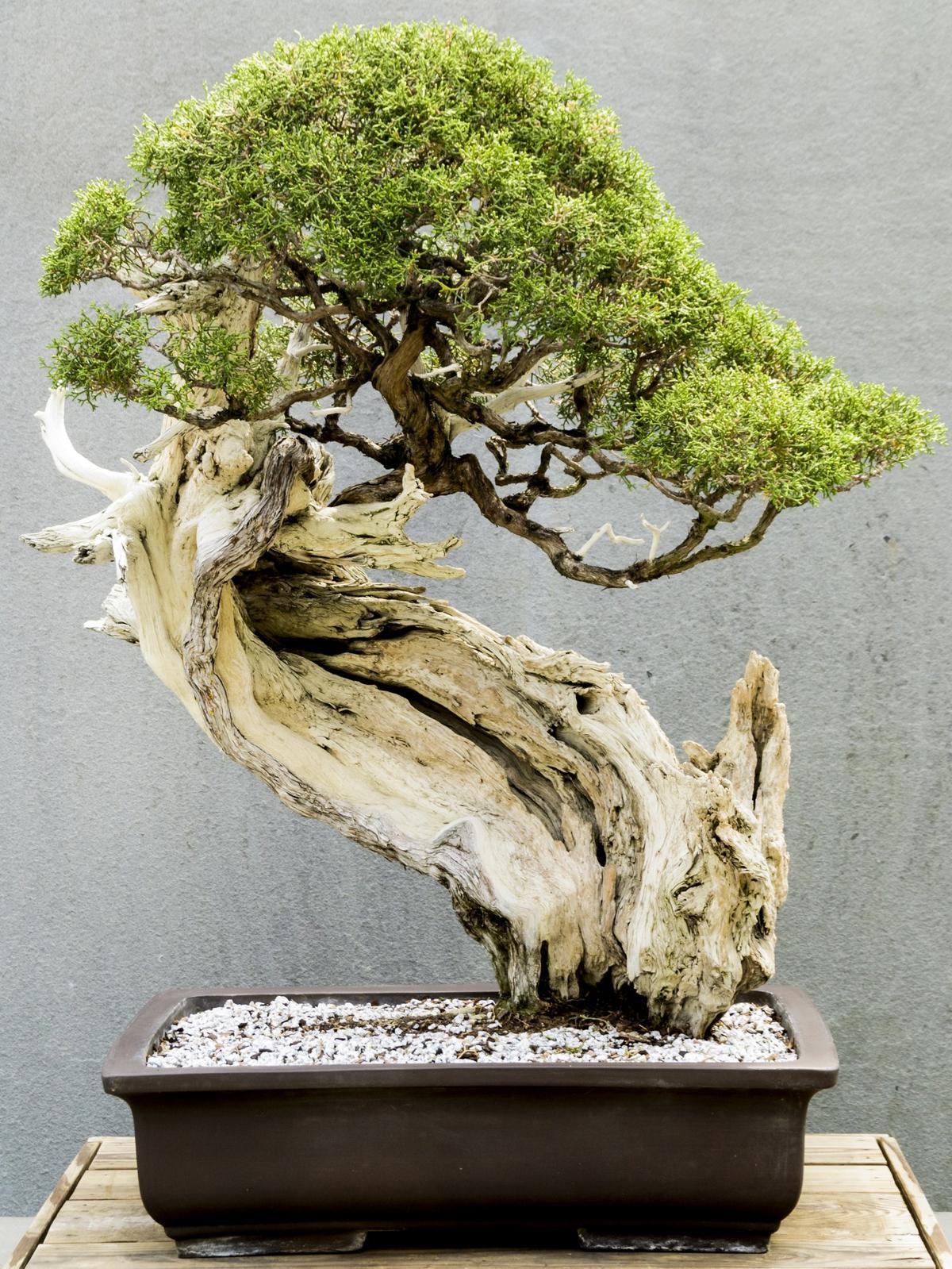 The spiritual meaning of bonsai trees is closely tied to concepts of harmony, balance, and perseverance. Bonsai trees are admired for their ability to thrive in harsh conditions, a trait that has been seen as symbolic of the human spirit.
The spiritual meaning of bonsai trees is closely tied to concepts of harmony, balance, and perseverance. Bonsai trees are admired for their ability to thrive in harsh conditions, a trait that has been seen as symbolic of the human spirit.
How can bonsai trees benefit mental health?
Bonsai trees have been shown to have stress-reducing benefits for individuals. The process of pruning and shaping a bonsai tree can be meditative and calming, allowing individuals to focus their energy and attention on a single task. Additionally, the presence of nature indoors has been shown to have mood-boosting effects, further promoting mental wellbeing.
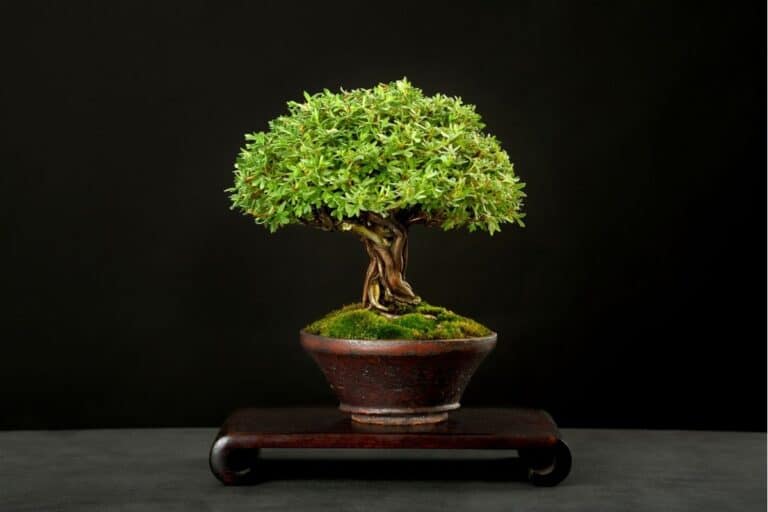 ### What are the different types of bonsai trees?
### What are the different types of bonsai trees?
There are many different types of bonsai trees, each with their own unique symbolism and characteristics. Some popular varieties include the Japanese maple, juniper, and Chinese elm. Each tree requires specific care in order to flourish and thrive, making bonsai tree cultivation both an art and a science.
What is the cultural significance of bonsai trees in Japan?
Bonsai trees have been an integral part of Japanese culture for centuries. In addition to their aesthetic beauty, bonsai trees have been seen as a representation of the Japanese philosophy of wabi-sabi, which values simplicity, rusticity, and the beauty of imperfection.
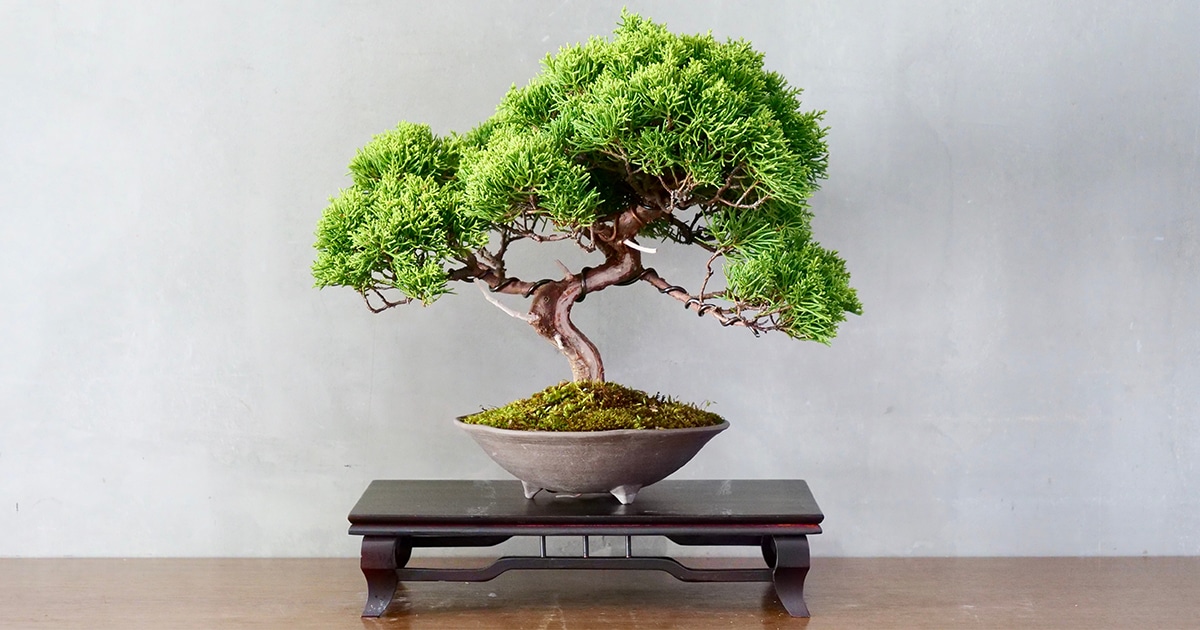 How do I care for a bonsai tree?
How do I care for a bonsai tree?
The care of a bonsai tree depends largely on the specific type of tree. However, some general tips include keeping the tree in a well-lit area, providing it with proper drainage, and watering it regularly. Consult with a local nursery or bonsai club for specific care instructions.
Conclusion of meaning of bonsai tree
Overall, bonsai trees offer far more than just decorative value. They represent a connection to nature and the importance of balance and harmony in our lives. Whether used for spiritual practice or simply as a beautiful addition to the home or garden, bonsai trees hold deep meaning and significance.
Question and Answer
Q: Are bonsai trees difficult to care for?
A: Care for a bonsai tree can be labor-intensive, as they require frequent watering and shaping. However, with the right knowledge and patience, bonsai trees can be a rewarding addition to any home or garden.
Q: What is the most popular type of bonsai tree?
A: The Japanese maple is one of the most popular types of bonsai tree, known for its vibrant foliage and delicate branching structure.
Q: Do bonsai trees have any spiritual significance outside of Japan?
A: While the practice of growing bonsai trees originated in Japan, their spiritual significance has spread worldwide. Many individuals find that caring for a bonsai tree provides a sense of peace and connection to nature that transcends cultural barriers.
Q: Can bonsai trees live indoors?
A: Yes, bonsai trees can thrive indoors, but they require adequate lighting and proper care in order to do so. Consider consulting with a local nursery or bonsai club for tips on indoor bonsai tree care.
Gallery
Bonsai Tree Meaning - Gardenerdy

Photo Credit by: bing.com / tree bonsai meaning
Bonsai Tree Meaning And Symbolism

Photo Credit by: bing.com / bonsai symbolism trees
Bonsai Tree Meaning: The Definitive Glossary Of Bonsai Terms
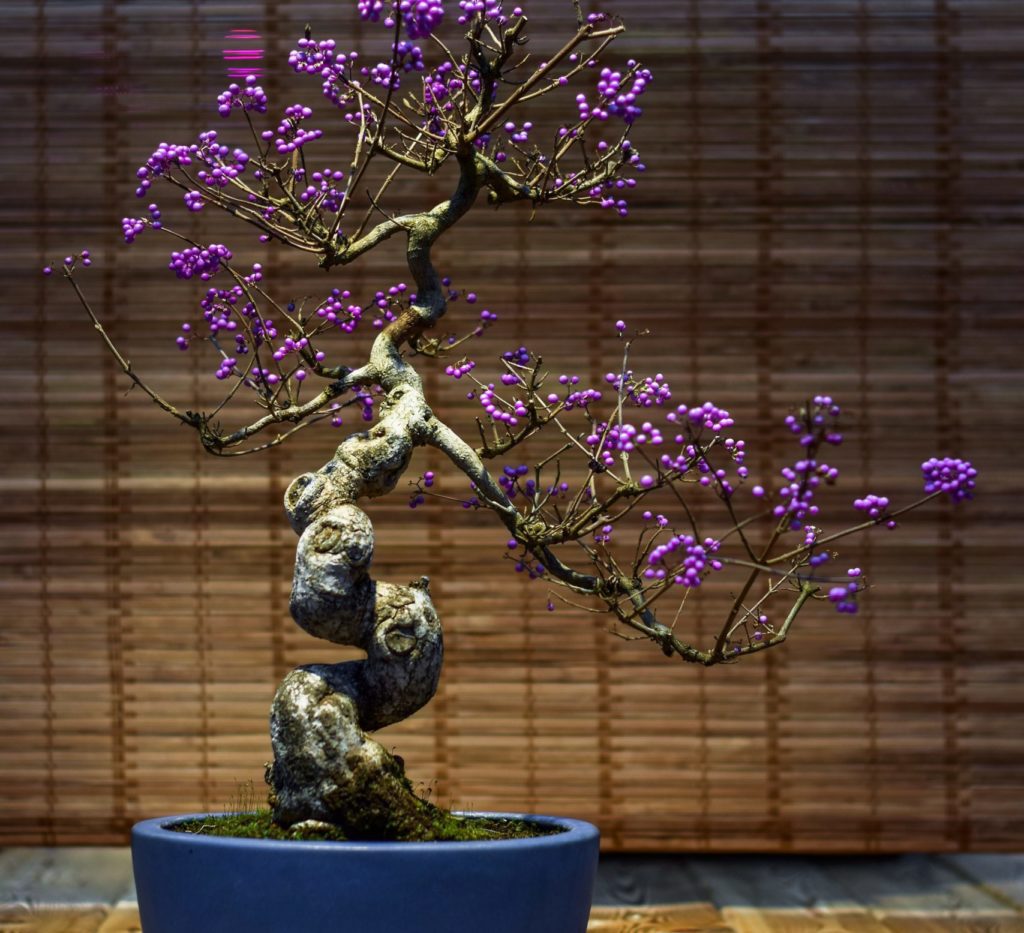
Photo Credit by: bing.com / bonsai definitive glossary
Meaning And Symbolism Of Common Bonsai Trees With Pictures | Florgeous

Photo Credit by: bing.com / bonsai florgeous
The Ancient History And Symbolic Meaning Of The Bonsai Tree

Photo Credit by: bing.com / bonsai symbolize symbolic viralbandit

